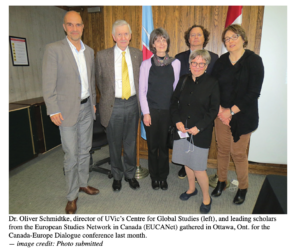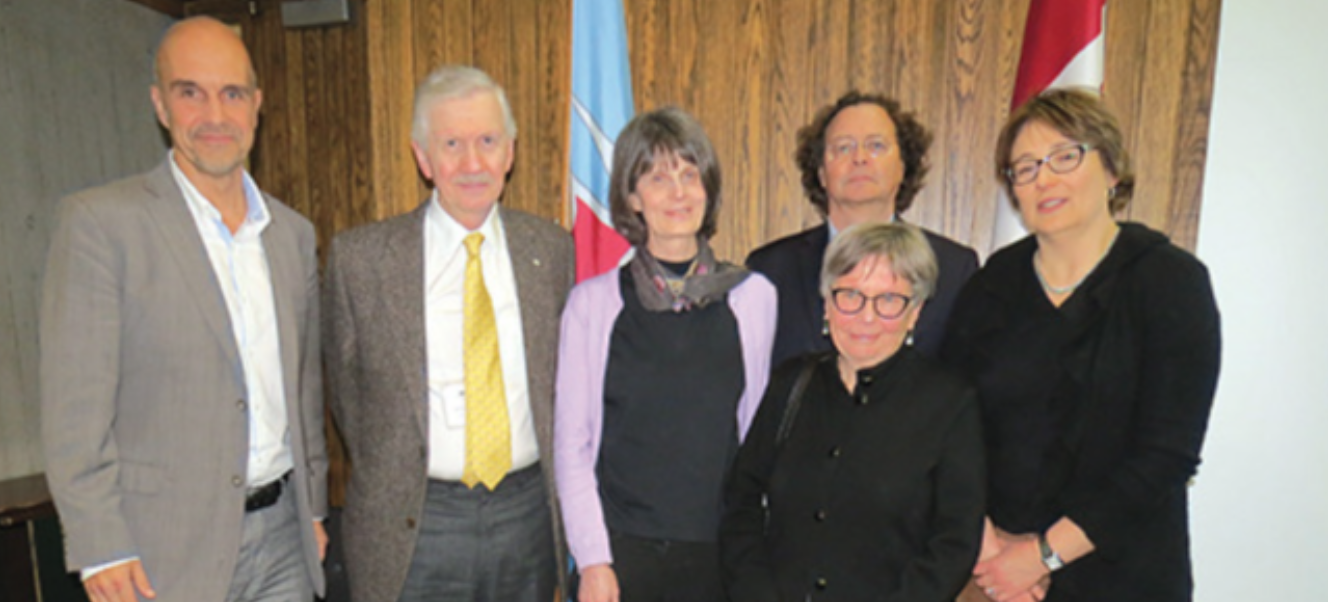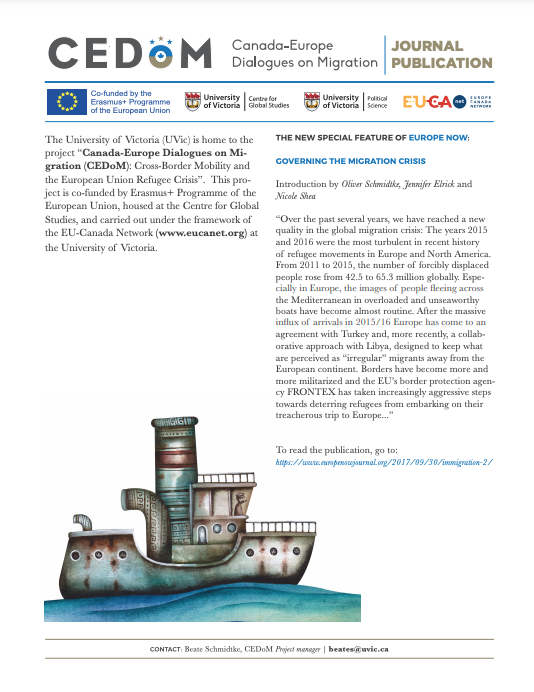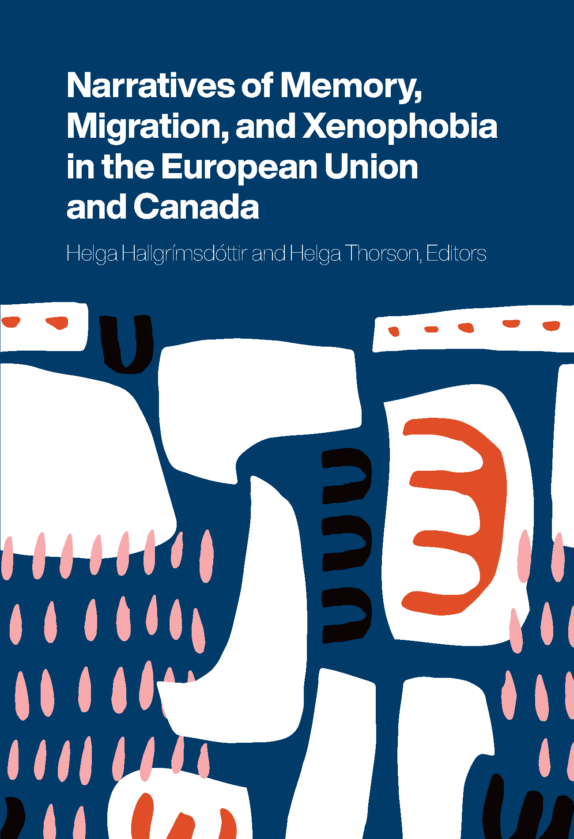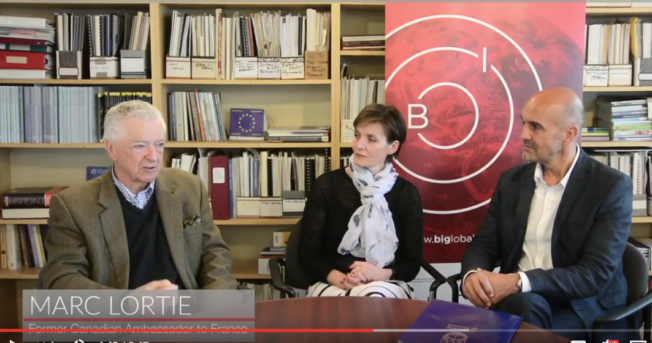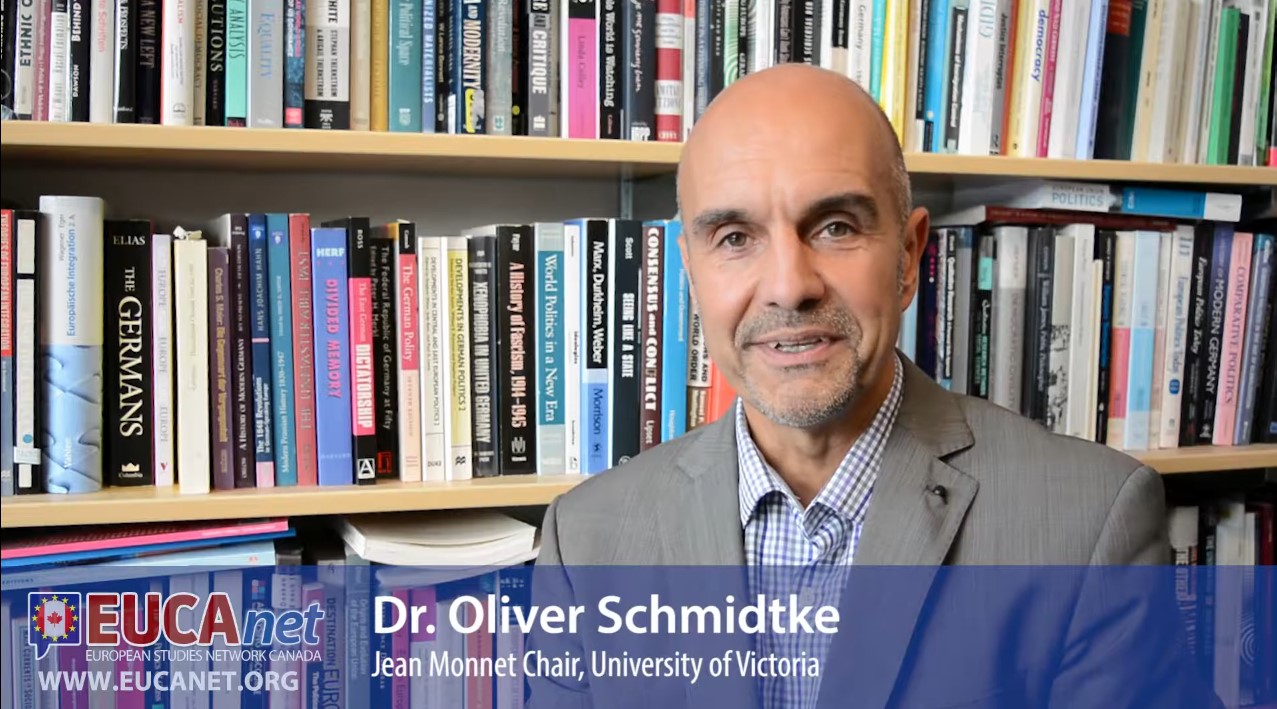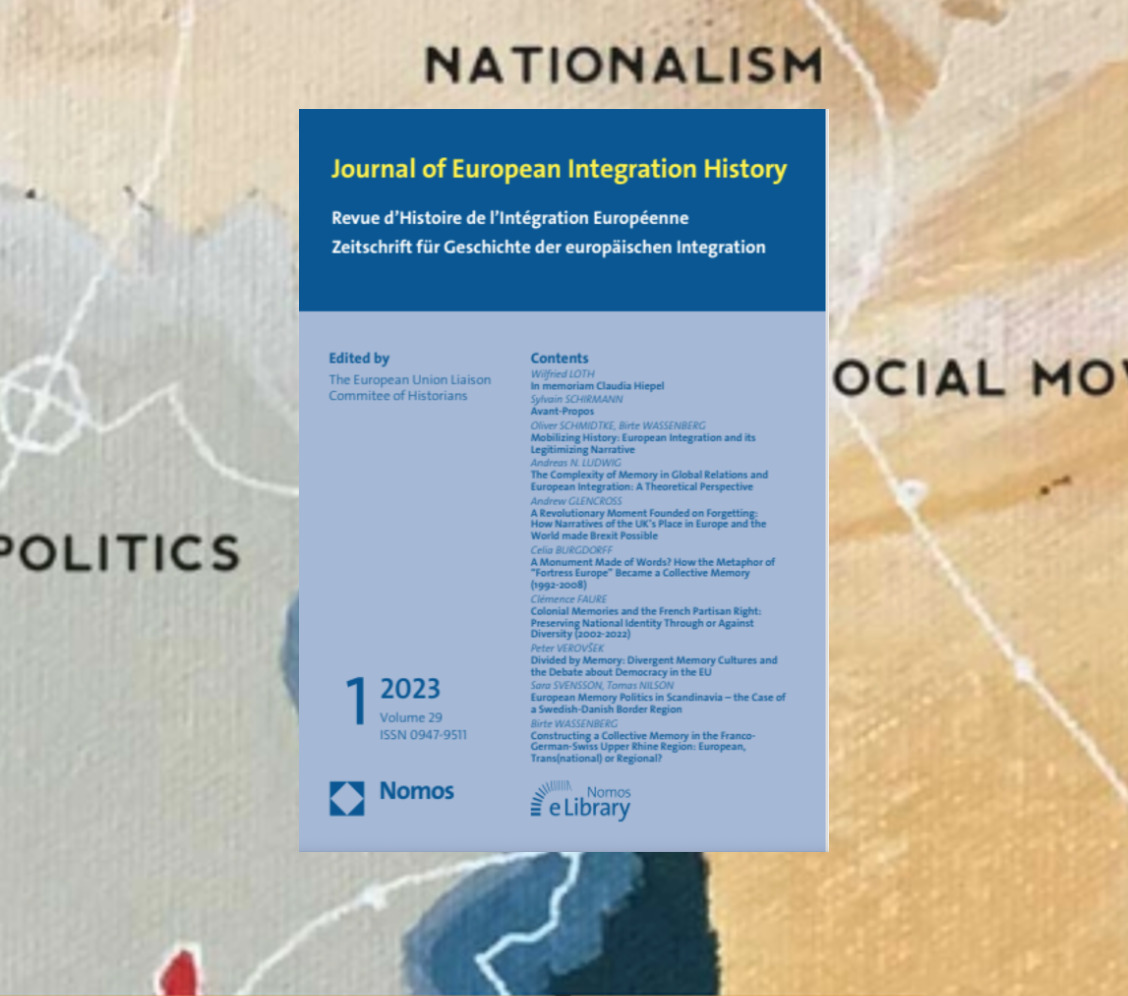EUCAnet Archive – Celebrating 10th anniversary 2016
April 19, 2016 – by Ivan Watson, posted in Saanich News
Climate change, democratic reform and the global refugee crisis are only three of the many issues that are currently dominating international headlines, requiring experts and practitioners from around the world to bridge cultural divides and to seek out common solutions.
Since 2006, the European Studies Network in Canada (EUCANet) has been at the forefront of bringing Canadian expertise on European issues to the public sphere, as well as building working relationships across borders and disciplines in order to solve complex global issues. Headquartered at the University of Victoria, EUCANet is celebrating 10 years in 2016 as a local success story with an international focus.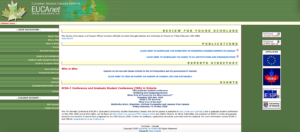

“Europe and Canada have many issues of public policy in common and they can learn from each other,” says EUCANet head and UVic’s Centre for Global Studies director Oliver Schmidtke. “This network was meant from the beginning as a tool to collaborate and to mobilise the knowledge that we have at Canadian universities.”
One of the network’s initial challenges was motivating research-focused scholars to think differently and to understand that media and public outreach could be an integral part of their work.
“It’s a skill to be able to communicate with media differently than what you do with your research,” said Oliver. “Universities these days are going through a transition in terms of giving more weight and significance to outreach activities. That is a general trend and it’s something that we’ve done with the EUCANet project quite effectively, to really show the public there are experts here in Canada and their work is relevant to the public debate.”
With EUCANet’s database containing hundreds of accessible and media-savvy experts, the timing couldn’t be better to offer informed perspectives on emerging public policy issues. Currently, Canada and the European Union are close to ratifying the Comprehensive Economic and Trade Agreement (CETA), a sweeping trade deal that will revolutionize Canada’s economic relationship with the world’s largest trading bloc. EUCANet’s “media tips” service has produced several opinion pieces that have been picked up by local, national and international media, helping both Canadian and European citizens to understand the implications of trade on their everyday lives.
EUCANet is unique in both Europe and Canada, says EUCANet project manager Beate Schmidtke. “There are other networks out there, but none is open and accessible to all, and what also makes us unique is the media aspect, connecting the academic community and journalists and building long-term relationships.”
EUCANet’s social media channels have stimulated informed debate, attracting thousands of followers.
“We found that it was important to promote information that was relevant for both Canadian and European contexts, and the audience has grown to such an extent that it is really worldwide now,” said Beate.
Few people realize that UVic has emerged as a leading hub for European studies.
“We have one of the most active and distinguished European research communities here in Canada, and we have three prestigious Jean Monnet chairs, which no other Canadian university has, so there is a critical mass to make UVic a centre of excellence for European studies and EUCANet has played a role in that,” said Oliver.
Initially created as a joint project of the European Community Studies Association in Canada and UVic’s European Studies Program with funding from the European Commission, EUCANet is now part of the Canada-Europe Transatlantic Dialogue project and receives support from UVic and Canada’s Social Sciences and Humanities Research Council.
